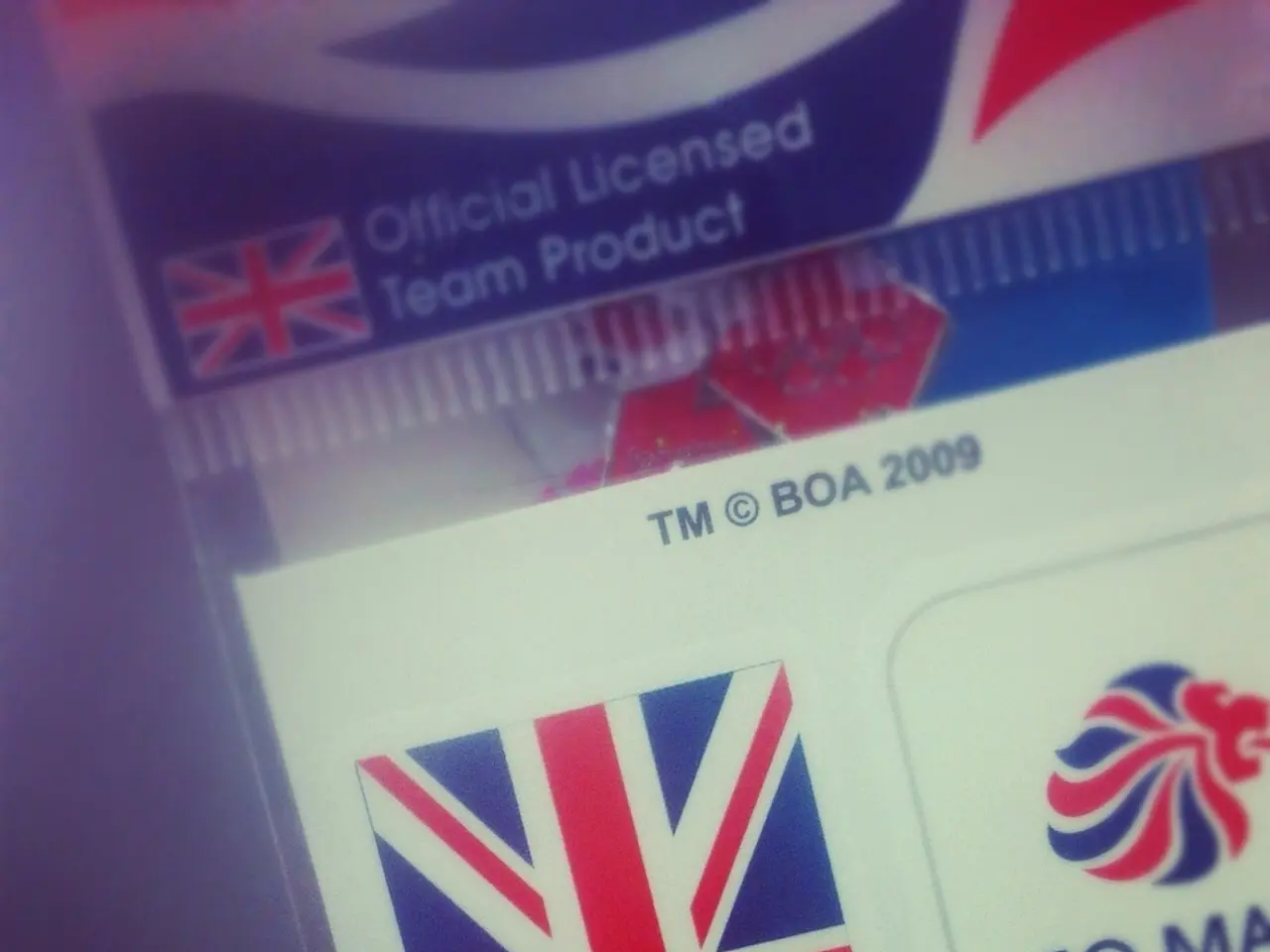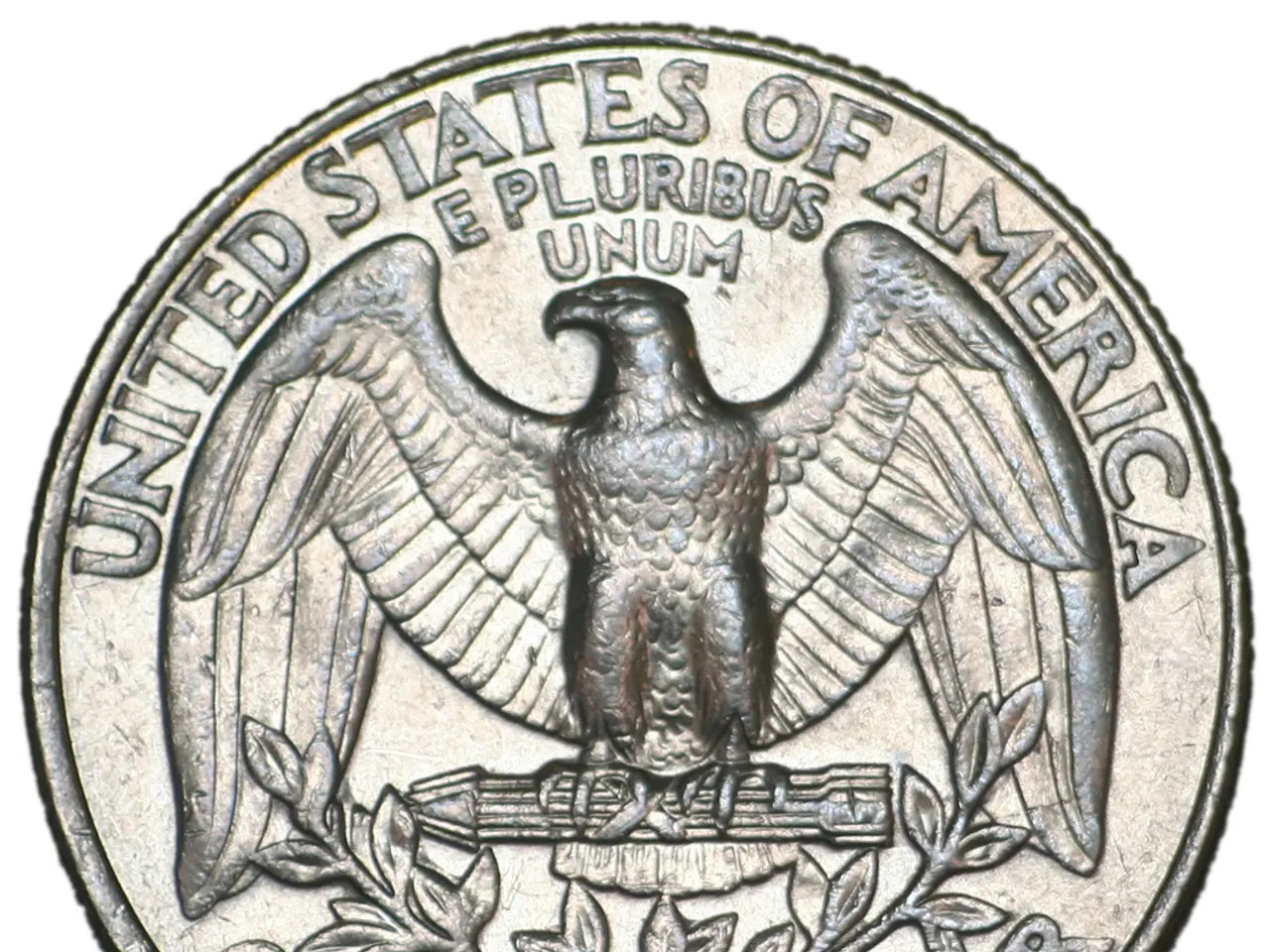Government Contracting Fraud Crackdown: The False Claims Act as Our Primary Weapon Against Time-Card Deception
The False Claims Act (FCA), a powerful tool in combatting fraud on taxpayer funds, has been instrumental in resolving several cases of time-card fraud in government projects. Recently, the Justice Department announced a $6.5 million settlement with Washington River Protection Solutions, an Energy Department contractor responsible for nuclear waste cleanup at the decommissioned Hanford site. This settlement follows a $10 million settlement by The Scripps Research Institute in 2020 over time-card fraud allegations on a National Institutes of Health research grant.
Inflated or falsified hours, collusion among employees or contractors, and a lack of effective verification controls are common characteristics of large-scale time-card fraud schemes. These schemes can be found not only in nuclear facilities like Hanford but also in other sectors, such as the University of Florida, which paid $19.875 million for improper labor charges on hundreds of federal grants in 2015.
The FCA imposes up to treble damages and substantial civil penalties on fraudsters, making the government whole, punishing the fraudster, and rewarding the whistleblower. Whistleblowers who file FCA lawsuits on behalf of the government are generally eligible for guaranteed financial rewards of 15% to 30% of the government’s recovery.
Government projects most vulnerable to such time-card fraud schemes include labour-intensive projects with large, dispersed workforces, subcontractor-heavy contracts, social and public welfare programs, emergency or rapid-deployment projects, and IT and administrative service contracts with remote or flexible work hours.
Understanding these common characteristics and vulnerable project types can help direct enhanced fraud risk assessments, stronger verification methods, and targeted audits in the most susceptible areas. This approach can be effective in rooting out substantial and systemic waste, fraud, and abuse in government contracting, as demonstrated by the partnerships between the government and whistleblowers.
[1] Public Sector Fraud Authority, UK [4] Identity Theft Resource Center, USA
In the realm of government contracting, businesses and finance are at risk in projects vulnerable to time-card fraud, particularly those that possess large, dispersed workforces, subcontractor-heavy contracts, IT and administrative services with remote or flexible work hours, and labor-intensive projects. Following the False Claims Act (FCA), fraudsters can face treble damages, civil penalties, and even be made to reimburse the government, while whistleblowers may receive financial rewards for their contributions.




